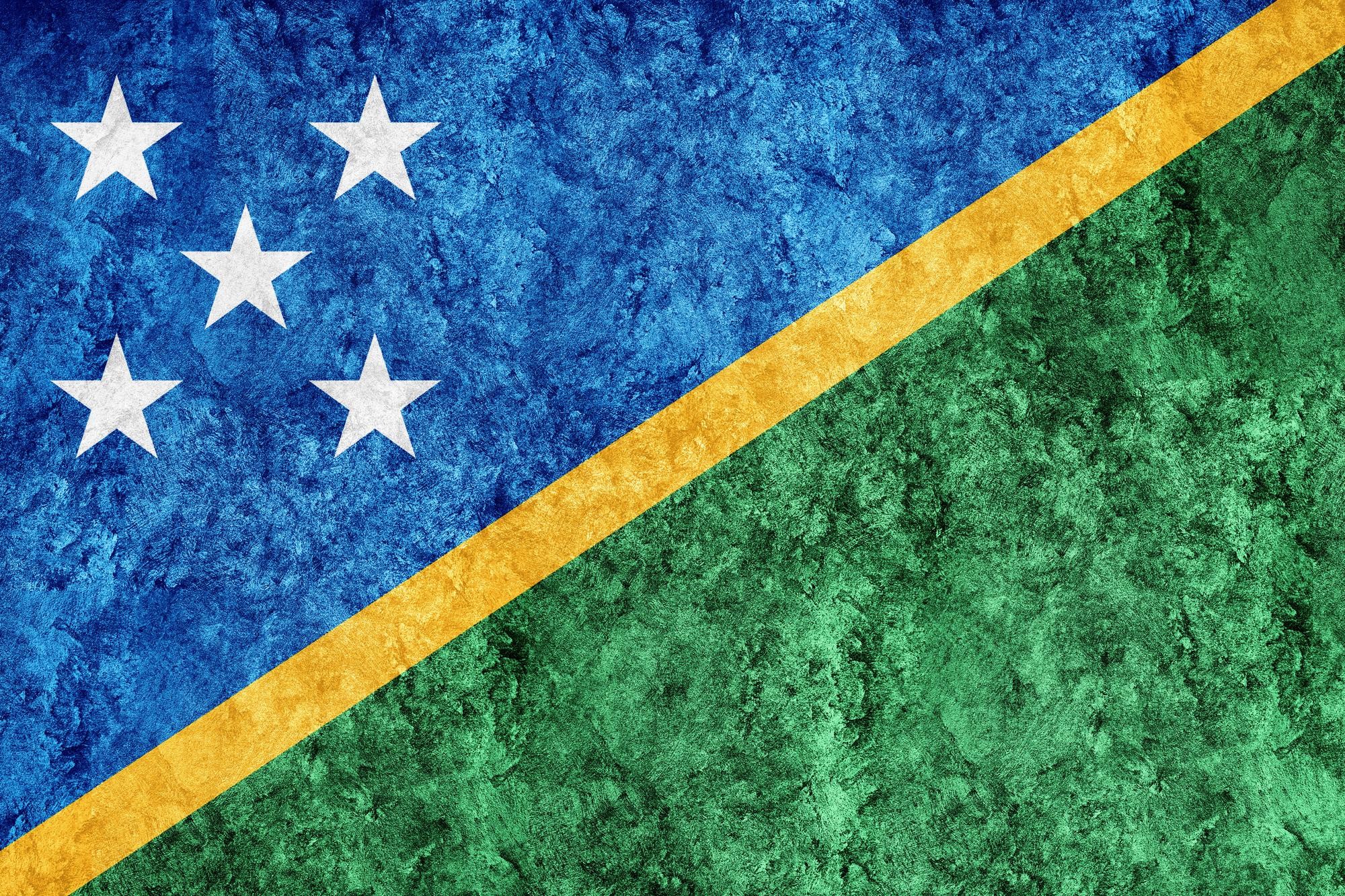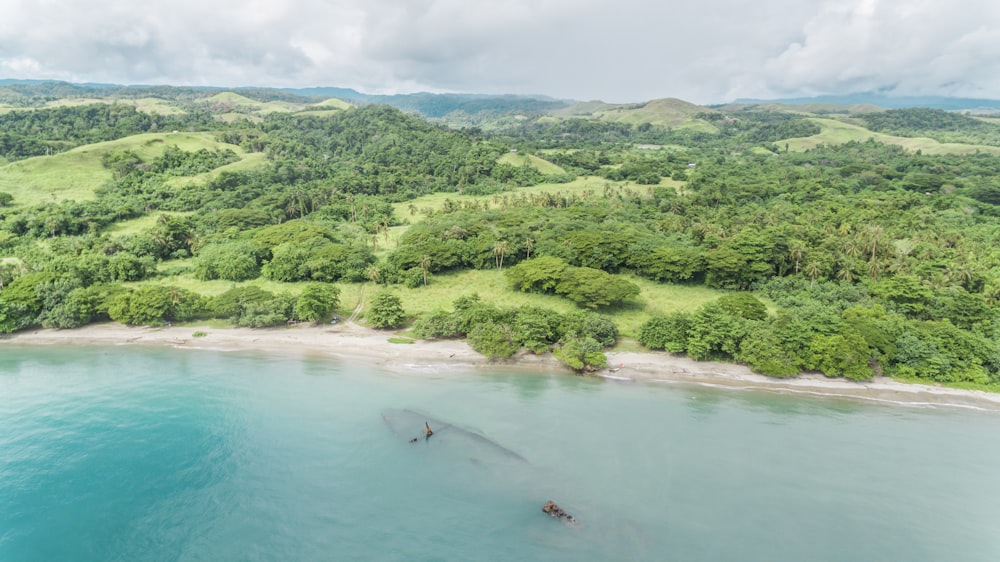
The land area of the country is 28,500 sq. km. while the population numbers at 625,000. Archeological evidence suggests that the Solomon Islands were populated around 28-30,000 BC!
Living in the Solomon Islands is a dream come true. The entire country is a diverse rainforest with many pristine and sandy beaches. The richness of culture and local population make the experience all the more exciting.
Read along as we explore the ways you too can become a part of the expatriate community here as well as some insights on what living on Solomon Island is actually like.
General facts about the country
More than 77% of the Solomon Islanders (that’s what the natives are officially called) dwell away from the urban areas. The country secured independence in 1978 and now is a member of the Common Wealth of Nations. The legal system is a hybrid arrangement of English law and the customary ancient law dating back thousands of years.
The main sources of income for the majority of the population are fishing, agriculture, and forestry. Over the years tourism has also seen some increase but being a developing country, the infrastructure is a major put-off.
The people, in general, are friendly, lively, and helpful. Only 2% of the population speaks English, while the main language is Pijin. Another 80 various local languages and dialects are spoken as well.
Visa & Residence
Luckily for citizens of the Schengen region and a US visa is not required to travel the country for up to 90 days. For many countries, a visa on arrival is also offered. You should check whether your nationality is listed on the “on-arrival visa list” before applying.
The Solomon Islands is economically a weak country, hence no local opportunities ever come up. However, you can be a part of a foreign organization working in the Solomon Islands and enjoy the expatriate experience. For a long-term residence, the law requires that you have a business or employment in the country.
It is noteworthy, that the government here considers overstaying a serious crime. Offenders are deported at their expense immediately. Considering the relaxed visa policy for long to short-term residency, overstaying seems to be a futile exercise. Find out more about residency visas here: Solomon Islands Ministry of Commerce.
Healthcare system
The healthcare system in the Solomon Islands is basic and with limited access. You may find pharmacies and some primary clinics in the urban areas only, the rural and remote areas depend completely on traditional medication. Though the United Nations and the Red Cross have their teams and units engaged in the country, they too mostly provide necessary treatments or occasional minor procedures.
Education
Although the state provides schools and free education at the age of 18 to all its citizens, education is not deemed compulsory by the law. For ex-pats, the schools charge fees, whether public or private, even for the educational material.
Society and traditions
The majority of the Solomon Islanders believe in Christianity; however, religious freedom and the freedom of expression are granted to all its citizens by the constitution of the country. People largely come from similar descent and chances are that at some point in the past were related too. Hence, the overall vibe in the country is friendly and cooperative.

